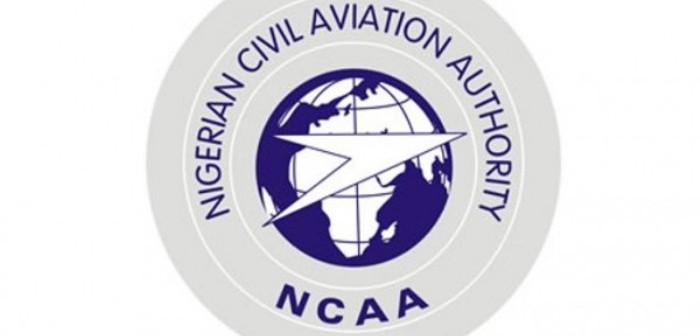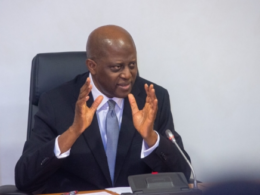The Nigerian Civil Aviation Authority is meeting with all 13 scheduled domestic airlines today (Wednesday) over the growing menace of flight delays and cancellations, which have sparked passenger anger and repeated cases of airport violence nationwide.
But even as the regulator gathers airlines for talks, aviation stakeholders are warning that dialogue alone will not solve the problem. They insist the law is clear, enforcement is overdue, and only sanctions will compel airlines to respect passengers’ rights.
Flight delays and cancellations have long plagued Nigeria’s domestic aviation sector, frustrating passengers and fueling tension at airports. In recent months, the situation has worsened, with violent confrontations between stranded passengers and airline staff making headlines.
Industry observers say the link is direct: failure of airlines to provide adequate welfare or timely communication when flights are disrupted often leaves passengers stranded without food, refunds, or hotel accommodation — contrary to aviation law. The NCAA itself admits that non-compliance with consumer protection rules contributes to rising cases of unruly passenger behaviour.
On Monday, the NCAA’s Director of Public Affairs and Consumer Protection, Michael Achimugu, declared that the regulator would begin publicly naming and shaming airlines that flout consumer protection rules. “Airlines must uphold the Nigerian Civil Aviation Regulations, particularly Part 19, which obligates them to provide care for passengers in cases of delays or cancellations,” Achimugu said.
Those obligations include hotel accommodation for stranded passengers between 10:00 pm and 4:00 am, meals, and timely refunds where applicable.
Barely 24 hours after Achimugu’s declaration, the NCAA invited all 13 scheduled airlines to today’s (Wednesday) urgent meeting. According to officials, the agenda includes flight delay management, passenger welfare obligations, pending complaints on refunds and compensation, safety protocol enforcement, and protection for crew and officials.
Despite the new push, industry sources confirm that the NCAA’s Consumer Protection Department has sanctioned more than six airlines in the past nine months for violating passenger rights. However, details of the sanctions remain unclear, with critics accusing the regulator of shielding airlines from real consequences. This perceived leniency, experts say, emboldens carriers to continue treating passengers with disregard.
Group Captain John Ojikutu (retd.), a prominent aviation security expert, criticised the NCAA’s approach, arguing that inviting airlines to dialogue undermines the authority’s role as an enforcer. “The meeting should not happen since there are regulations for airlines to comply with. The NCAA should issue directives and enforce compliance,” he said.
He warned that the regulator risks complicity if it continues what he described as a “paddy-paddy manner” of handling airlines. There is no place for meetings in the regulations. Instead of pampering airlines, NCAA must issue directives backed by sanctions for non-compliance,” Ojikutu added.
But others are urging a more balanced approach. Olumide Ohunayo, Secretary of the Aviation Round Table, argued that both airlines and passengers must be held accountable. “The regulator is supposed to protect both sides. If passengers can be punished for unruly behaviour, airlines too must be punished when they err,” he said.
Ohunayo noted recent improvements in consumer protection under the NCAA’s current leadership but stressed that consistency is key. “The Director-General has done well, but the stick must be used where necessary. The law must apply equally to passengers and airlines.”
Airport violence has become a worrying trend, with videos of irate passengers assaulting staff or vandalising airline property circulating online. Investigations show that while some incidents stem from ignorance of aviation rules, many are triggered by deliberate breaches of passenger rights. In several cases, airlines failed to communicate delays, refused refunds, or left travellers stranded without welfare. Stakeholders say these violations fuel resentment, creating flashpoints for violence.
According to Achimugu, the meeting with airlines is expected to address persistent flight delays and cancellations across domestic routes, passenger handling protocols and welfare obligations under Part 19 of the aviation regulations, refund and compensation complaints left unresolved by airlines, safety enforcement measures, including compliance with in-flight phone switch-off directives.
Others include protection for cabin crew and NCAA officials who often bear the brunt of passenger anger. While some believe the talks could mark a turning point, others insist that without real penalties, the exercise will remain another round of “talk without action.”
The NCAA now finds itself squeezed between rising passenger frustrations and airlines struggling with high operating costs, forex scarcity, and regulatory demands. For regulators, the challenge is balancing consumer rights with industry sustainability. For passengers, it is about dignity, fairness, and safety.







